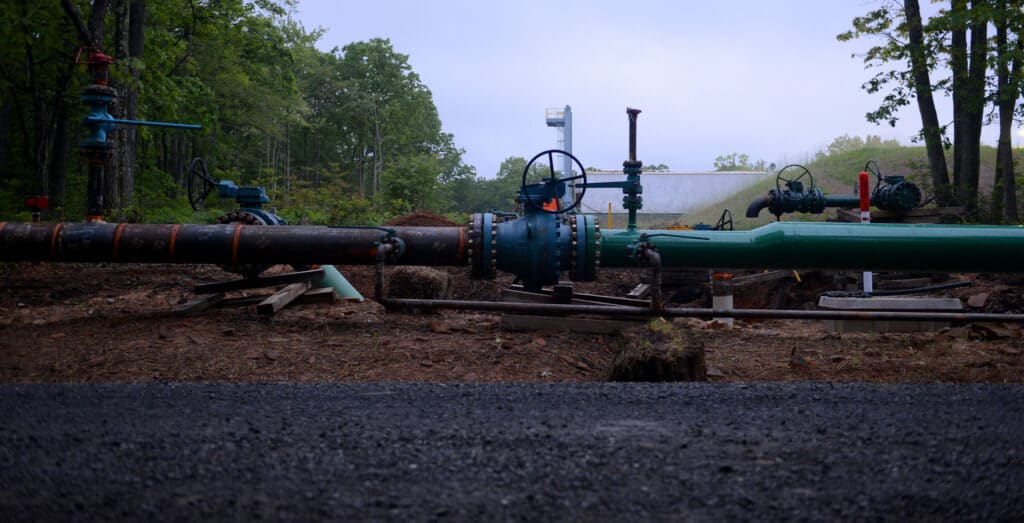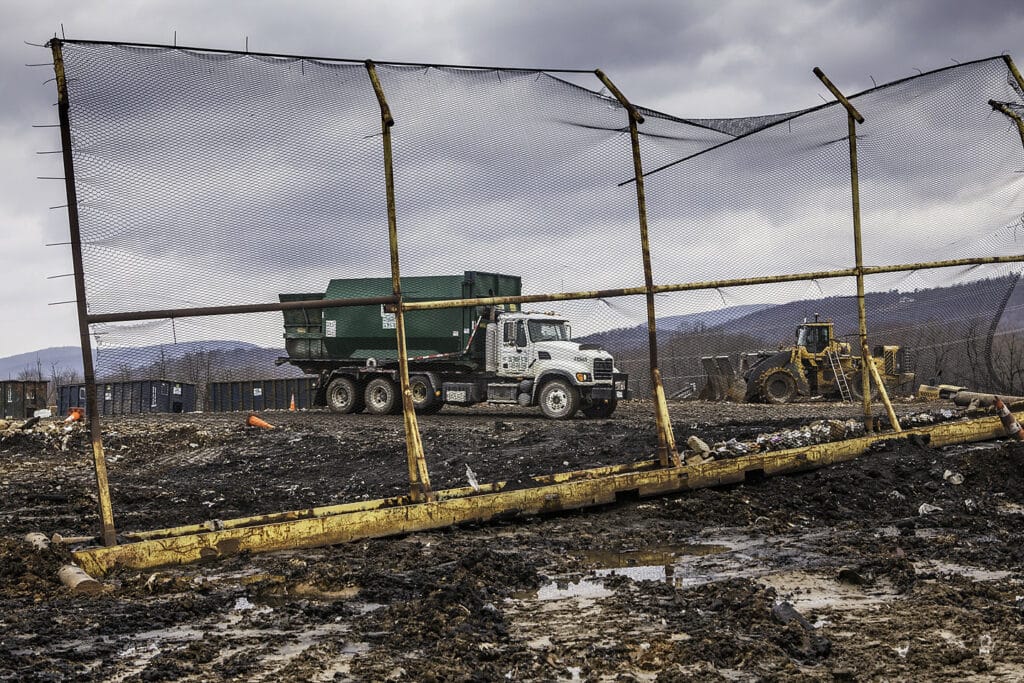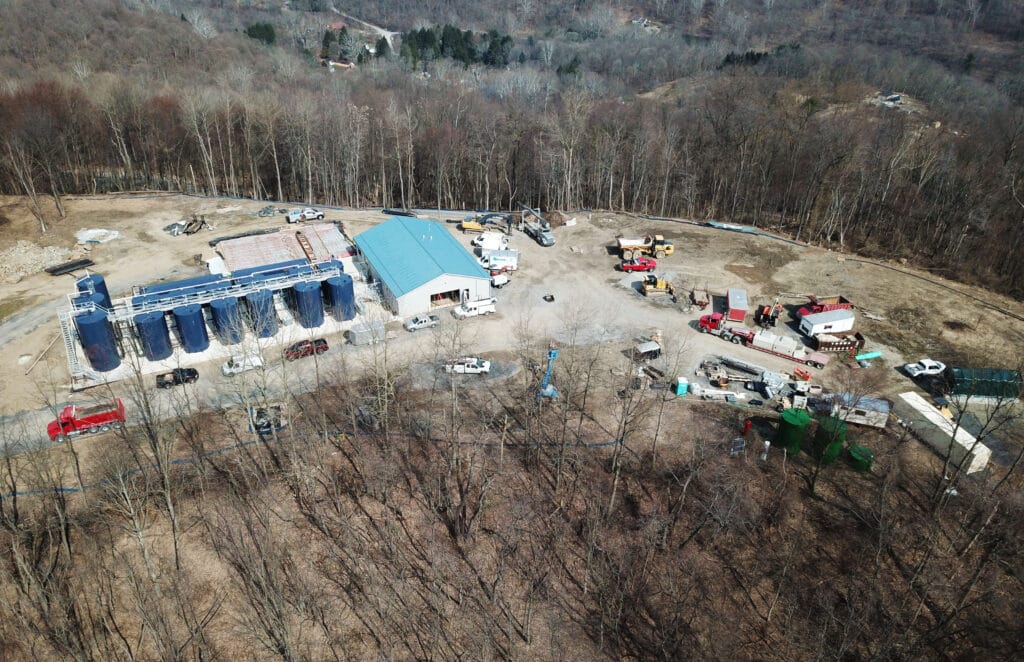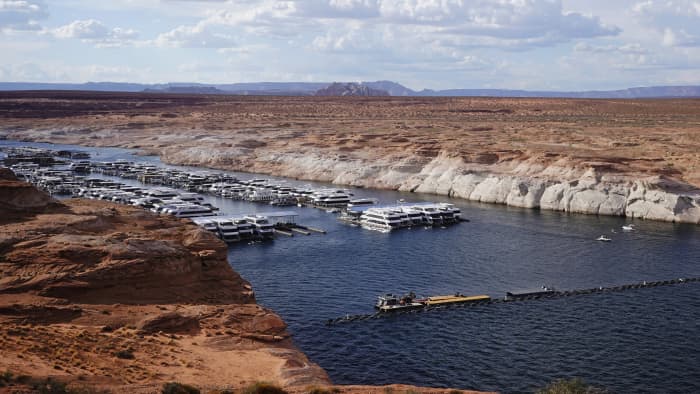The Telegraph
How to massage your lymphatic system and improve your health, according to LA’s ‘lymph queen’

I don’t know about you but I think we could all do with a bit of self-care at the moment. Hence, I am giving my lymph system a spot of “immune-enhancing” TLC. Gently fluttering my fingers down my neck and lightly brushing behind my ears, before dipping down to my collar bone where the lymph nodes are tucked away.
Deployed at the first hint of swelling or tingling in your throat – a sure sign that your immune system is gearing up for a ruckus – this technique might just be the thing to nip that cold in the bud. And how good would that be?
It is just one of many nurturing self-care massage techniques, packed into a new book by Lisa Levitt Gainsley, the LA-based queen of lymph massage whose Hollywood clients including Selma Blair (Legally Blonde), Larry David (Seinfeld) and Frieda Pinto (Slumdog Millionaire).
You might have come across this technique before. It’s not unusual to find lymphatic drainage massage, for “heavy legs” or cellulite, at swanky European spas. It is often touted as a “non-surgical facelift” by beauty therapists promising glowing and newly-taut, de-puffed skin, but Levitt Gainsley takes lymphatic drainage to a whole new level, promising not just the usual beauty benefits but also enhanced immunity and relief from a long list of ailments including chronic fatigue, digestive issues, eczema, acne, headaches, menopausal symptoms and PMS.
This might sound like a tall order for a feather-light massage, especially one that you can do yourself, but Levitt Gainsley’s practice comes with glowing medical endorsements, with UCLA’s professor of medicine, Gottfried E Konecny, calling her method “one of the most impactful and easy tools in a person’s health arsenal”.
So what exactly is the lymph system and why is it so important?
“Lymph is literally the superhero of the immune system. It’s your first line of defence against illness, producing white blood cells,” explains Levitt Gainsley, speaking from her LA clinic. “It acts as a garbage collector, sweeping immune cells through the body, to weed out any out threats, like viruses, bacteria and toxins that can cause disease.”
The lymph system is often referred to as the “second” circulatory system of the body. “Just as you have two sets of pipes in your home – one that brings in fresh water and one that removes dirty water – your lymph system is the bonus set of ‘plumbing’ that filters and removes excess waste.”
Connected to every inch of our body, in a similar way to the circulatory system, the lymph system is an intricate network of organs, vessels and capillaries that transport fluids from the surrounding cells to the lymph nodes, which are spread throughout the body, clustered in the “hinges”, including the armpits, groin, elbows, knees and neck.
These nodes act as filtering stations, where the white blood cells (macrophages and lymphocytes) destroy pathogens, before returning the fluid to the bloodstream.
They also play a crucial role in balancing the fluids. This is why Levitt Gainsley treats so many post-operative cancer patients, to help manage lymphedema; when lymph nodes are removed or damaged during cancer surgery, this often leads to swelling.
Unlike the cardiovascular system, the lymph has no central pump and relies on the pulsing arteries nearby to propel it around the body, along with muscular contractions and breathing. This is why massage and breath work can be so helpful, says Levitt Gainsley, especially when the lymph becomes sluggish.
Research shows that this kind of therapy can increase the movement of fluid through the lymph system, reducing post-operative swelling in dental surgery. It’s also been shown to improve movement following knee surgery and can improve stiffness and depression for those living with fibromyalgia, offering better results than from a firmer connective tissue massage. Lymphatic massage can even help with wound healing.
As to whether lymph massage can improve immune function, or prevent disease, the research is not there yet.
Selma Blair, who was diagnosed with MS, in 2018, says it gave her new lease of life. “My sinuses started to drain. I felt hope again. I noticed the hum of life back with me.”
Levitt Gainsley’s learned how to touch someone who was fragile when she was 11-years-old, when her mother was first diagnosed with cancer.
“Looking back now, I see that I was developing sensitivity,” she writes. “I enjoyed being helpful and seeing how much better she felt as the result of my touch.”
Levitt Gainsley initially developed the self-massage sequences in the book for her patients, who thrived on their daily practice. “They had better digestion, fewer PMS symptoms, and fewer headaches. They slept better, got fewer colds and their stress levels improved. Their skin was lustrous,” she enthuses. She has even seen good results with long Covid.
“That’s when I knew needed to write a guide,” she says. “Not just for my clients, but for anyone, so that they could replicate my hands-on sessions at home. Whether you’re looking to balance your hormones, or level your moods or to improve your immune system, these techniques will help.”
The Book of Lymph by Lisa Levitt Gainsley is published in paperback, £9.99, ebook and audio by Yellow Kite
A daily lymph massage to try at home
To be practised daily, for three-to five minutes, this self-massage is designed to reduce tension in your neck and puffiness in your face and may also reduce the side effects of the Covid vaccine.
- Stimulate the lymph nodes at the base of your neck just above your collarbone. Press your fingertips down into the hollows above your collarbone. Make a J motion as you press lightly down and out toward your shoulders. Repeat ten times.
- Now perform the neck sequence. Place your hands so your little fingers rest in the groove behind your ear, your fingertips pointing diagonally toward your ears. Use your palms to massage the skin downward toward your neck. Repeat five times
- Make light brushstrokes from behind your ears all the way down your neck. Repeat five times. Make light brushstrokes along your face from your cheeks to your ears and from the top of your nose to your forehead and out to your ears. Repeat three times. Swallow once.
- Perform the “Spock” sequence: Separate your fingers between your middle and ring fingers so that they are pointing up round your ears, like Spock from Star Trek.
- Place your middle and index fingers behind your ears in the cartilage groove and your ring and little fingers in front of your ears. Gently massage back and downward in a C-stroke. Repeat ten times.
- Repeat Step 1. Massage the lymph nodes at the base of your neck again five times. Singers rest in the groove.
Next, massage the axillary lymph nodes in your armpit to help reduce side effects of the Covid vaccine, improve lymphatic circulation in your chest and alleviate arthritic pain in your hands
- Place your hand inside your armpit, your index finger resting gently in the groove of your armpit. Pulse upward into your armpit. Repeat 10 times.
- Move your hand down the side of your torso. This region contains breast tissue, which is essential to drain.
- With the palm of your hand, make C-strokes up the side of your torso into your armpit. Repeat 10 times.
- Lift your arm and place your hand into your armpit. Pump downwards over your armpit 10 times. Release your arm.
Abdominal self-massage for good digestion
- Lie down, on your back, in a comfortable position.
- Place your hands on your abdomen and take a long, deep breath, expanding your belly into your hands. Count to five as you inhale. As you exhale, count backward from five and let your stomach relax. Repeat three times.
- With the palms of your hands, massage clockwise all around your abdomen.
- Massage your colon in the direction of drainage – massage up your right side, then across your abdomen to your left side then massage down to your left hip, and finally from your navel downwards.
- Massage small circles around your belly button.
- Scoop the four corners of your abdomen towards your navel. Use your palm to scoop from the front of your right hip toward your navel (this is the beginning of your large/ascending colon). Next scoop under your right rib cage toward your navel. (This is where your liver and gallbladder are located). Next scoop under your left rib cage to your navel (your stomach and spleen are located here). Then scoop from your left hip bone toward your navel (your descending colon).
- Massage small clockwise circles around your navel again.
- Finish by massaging clockwise all around your abdomen again. End with five deep cleansing breaths.














